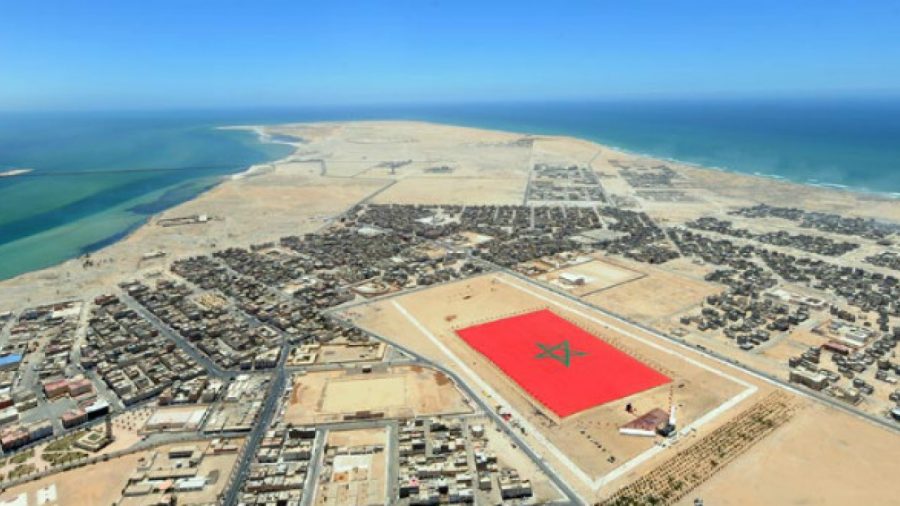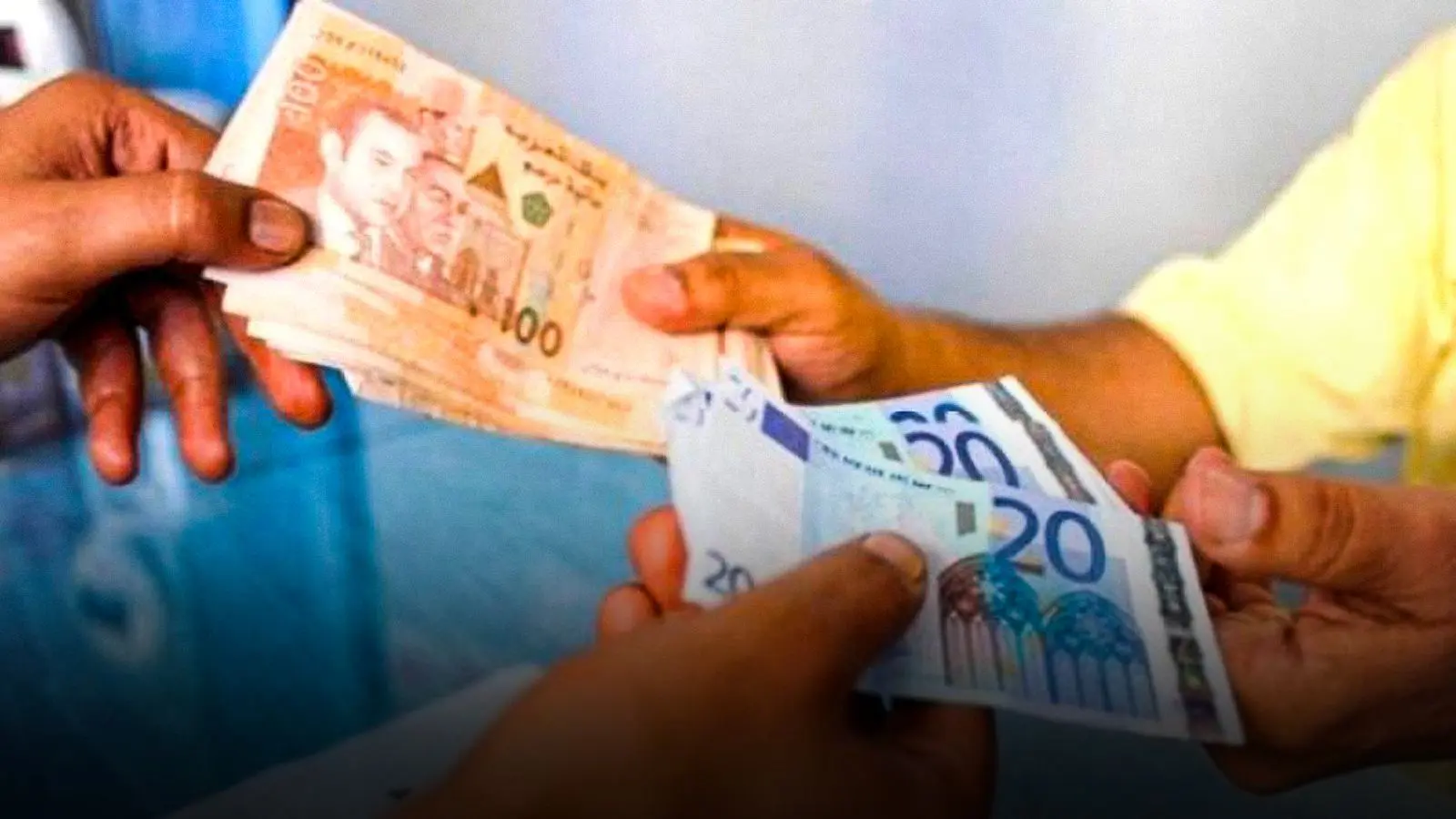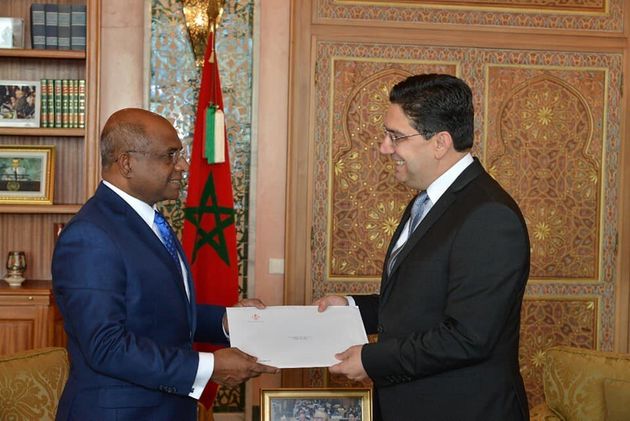The United Kingdom should support Morocco’s Autonomy Plan offering a workable solution to the Sahara issue, says a leading UK defense and security think-tank.
The Moroccan Autonomy Plan “remains the only credible, lasting, realistic and constructive solution” to the Sahara conflict, says a report by the Royal United Services Institute (RUSI).
Following a paralyzing impasse and responding to calls from the international community for progress toward a political solution, Morocco prepared the initiative for negotiating autonomy in the Sahara, while respecting its own sovereign interests, RUSI adds in an analysis authored by Sir Simon Mayall, a retired Lt. General.
The Moroccan Autonomy Plan was submitted to the UN Security Council in April 2007, representing a basis for negotiation and a vision for shared prosperity across the North African region.
At its heart was the proposal that the Sahrawis would run their own government under the umbrella of Moroccan sovereignty, excepting in the areas of defense and foreign affairs. This is very much in line with Morocco’s overall internal political process, in implementation since 2010, of devolving power from the national government to regional and municipal authorities.
The resolution of the Sahara issue would contribute to the security, stability and prosperity of the whole region, and in doing so would combat the rise in Islamic fundamentalism and extremism that feeds off grievances and poverty, says the London-based research center.
Several years later, the Moroccan initiative remains “the only realistic, credible, forward-looking plan” that is on the table. It is anchored in a commitment to a promising political and economic future for the population, with respect for the rule of law, democratic procedures and sustained development, and will be implemented on the basis of an open consultation in accordance with the UN Charter and the principle of self-determination, says RUSI.
Morocco has invested heavily in the Sahara, constructing extensive economic and communications infrastructure and by generating thousands of jobs. These investments have made the Sahara one of the most developed regions in the country. A turnout of over 66% during the last national elections in September 2021 was a clear indication of the population’s successful integration.
Key UK allies including France, Germany, Spain, the Netherlands and the US have expressed their support for Morocco’s Autonomy Plan, seeing it as the best way to bring a future of peace and prosperity to the population and an end to the dispute, says RUSI.
The majority of Arab states – as well as numerous African and Caribbean countries – take the same position, and many of them have opened consulates in the south of Morocco. Those who oppose the initiative have offered no credible alternative but they are using the issue as part of wider regional agendas.
According to RUSI, this is both inhumane and dangerous. The population confined by the Polisario militia in Tindouf camps, southern in Algeria, live in squalid conditions, deprived of a future and powerless to effect change. They are totally dependent on international humanitarian aid. The choices – especially among the young – are debilitating inertia, extremism and violence, or migration.
However, Morocco offers a realistic solution through the implementation of its autonomy plan for Sahara, which offers the prospect of employment and prosperity, while the alternatives – stasis or a return to violence – offer nothing to the Sahrawis, while posing a serious risk to security and stability in the Maghreb, the Sahel and ultimately the whole Euro-Mediterranean region, says the UK Think-tank.
This threat to stability and security is already being exacerbated and accelerated by the malign influence and activities of the Iranian Quds Force and its Hezbollah proxies, warns RUSI, saying that the Iran–Hezbollah–Polisario nexus feeds on this security threat.
For the UK and other responsible leaders of the international community, the region’s security, stability and prosperity is of vital interest, says the leading British military think-tank.
The UK and Morocco increasingly share common ground in a commitment to the rule of law, respect for international human rights, religious tolerance and pluralism, the linkage between prosperity and stability, and sustainable and green development agendas.
The international community supports the Moroccan Autonomy Plan because it understands the humanitarian costs and security risks of allowing this ‘frozen conflict’ to continue, underlines RUSI.



